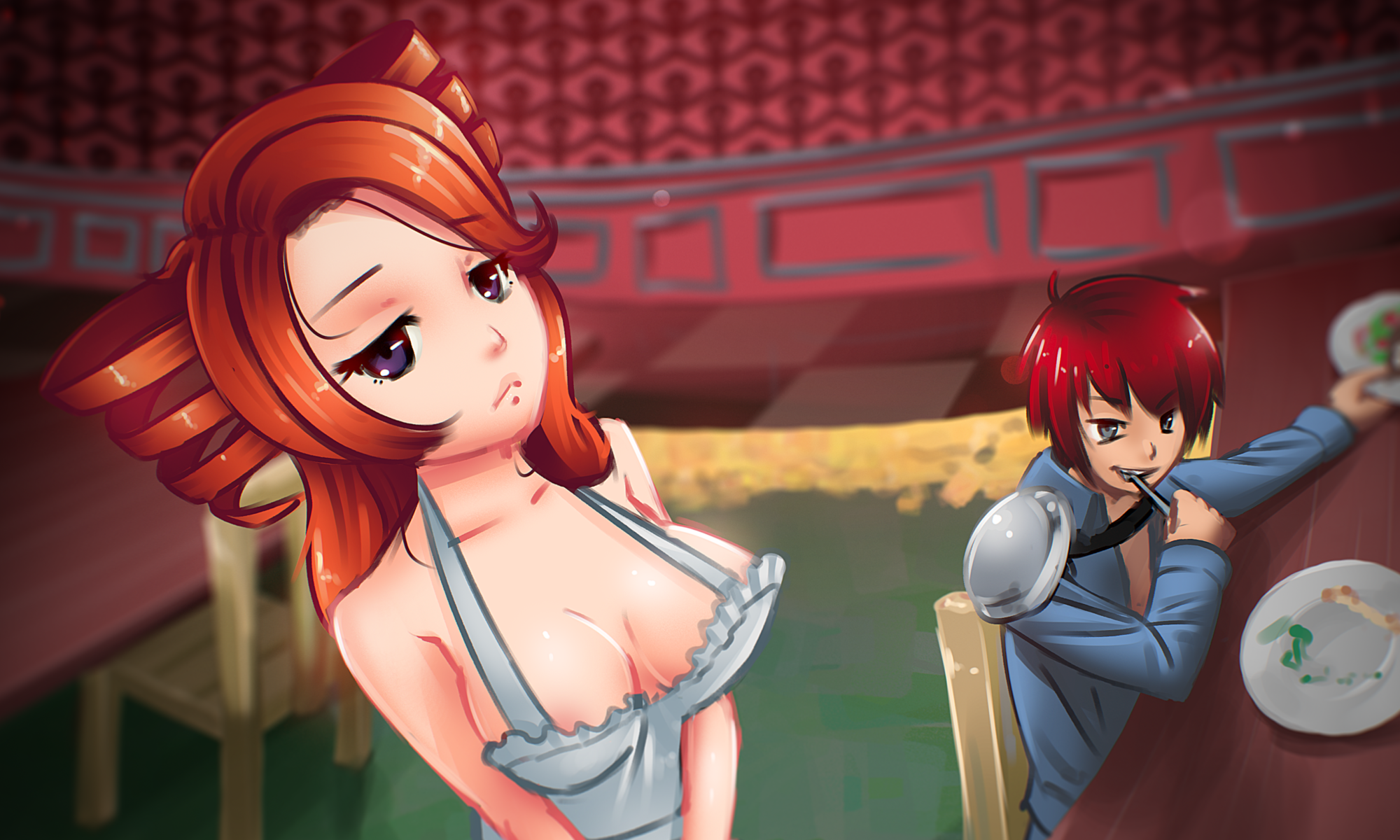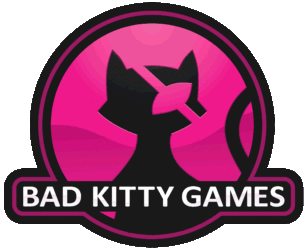Two years of game development on Harem Collector! Yeah, that is… not an achievement. Don’t get me wrong, I’m perfectly happy celebrating two years of getting to work on games, but I’m really hoping I can wrap-up HC by this time next year. I have lots of other projects I want to share with you all, so here’s hoping I can escalate my efforts accordingly.
Also, small reminder- if you want to get in on the Backer release on March 4th, you have to sign on to the Patreon campaign by the end of the month. If you’ve ever donated before the Patreon campaign, then don’t worry about it- you’ll still get the regular backer email.
So, lately I’ve been reflecting on why RPG Maker has such a terrible reputation in the gaming community. There are plenty of folks who avoid games made with the engine entirely, and now Unity is starting to get the same reputation. This makes my job significantly harder- it’s hard enough to get people to try your product in a crowded marketplace without potential players thinking “all games with your engine suck”. The truth, the only difference between Unity, RPG Maker and all other game engines out there is the barrier to entry.
Game development is tremendously complex, but it generally gets broken down into a handful of categories:
- Game design, or mechanical design, which covers how the game plays, the mechanics work, how the levels are laid out and the general “feel” of the experience.
- Sound design, which can be broken down further into music, acted dialogue, sound effects and audio engineering.
- Game “writing”, which covers everything from plot expression, character dialogue, and even something as mundane as menu or tutorial text.
- Art or visual design, which covers literally everything visual that appears on the screen, from animation to image stills to character design to font choice.
- Programming, or code. Most programming is “just” making all the other harmonize on a computer screen in such a way as the game does what it is designed to do, but there can be plenty of “art” rather than “science” to programming, especially when things like physics engines are involved.
I hope that short list really gives you a sense of the scope of things that need to get put into any one game, because there is a lot that needs to happen in order to create a good game experience.
My essential point is this- very few individuals are the kind of savants that can actually do all of these things together. I like to think my main strength is mechanical design- though everyone currently stuck on the Count Corgan battle will probably disagree with that assessment. Chibi’s primary strength is in visuals, and the “feel of the experience” parts of game design. Cypress’ biggest strength is his writing and dialogue. That doesn’t necessarily mean that any of us slouch in the other departments (we all work very hard at what we do), but it’s almost impossible to be an expert in all five. For every Phil Fish and Jasper Byrne there are hundreds of game designers who are weak in two or more areas.
Which brings us back to RPG Maker and Unity. The biggest strength of these engines is that they provide art, sound, code editors, and some rudimentary mechanics. This lower “barrier to entry” is attractive to anyone who isn’t some game dev Übermensch, but unfortunately it also means a lot of poorly thought out crap gets made available to the public.
So, I guess, don’t judge a game by it’s engine. There are lots of great (free!) RPG Maker games that absolutely deserve your time and attention. The same goes for Unity.



